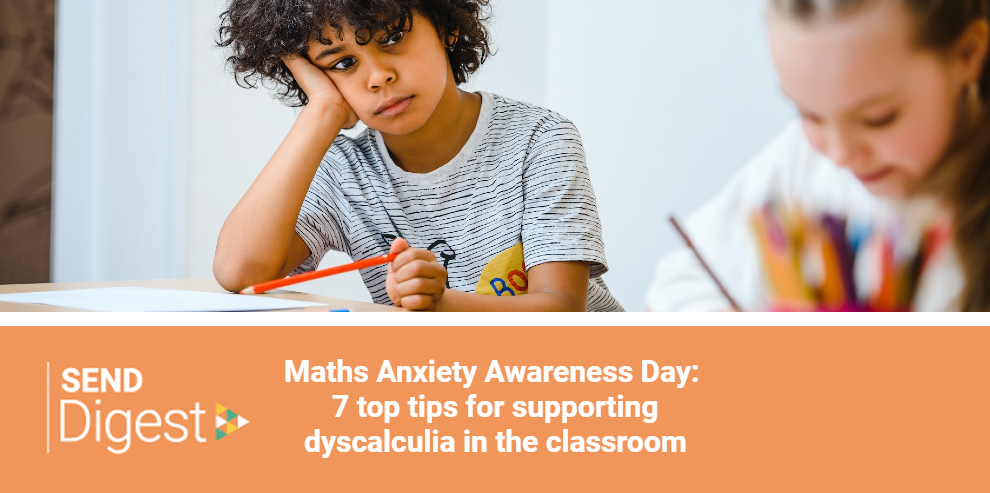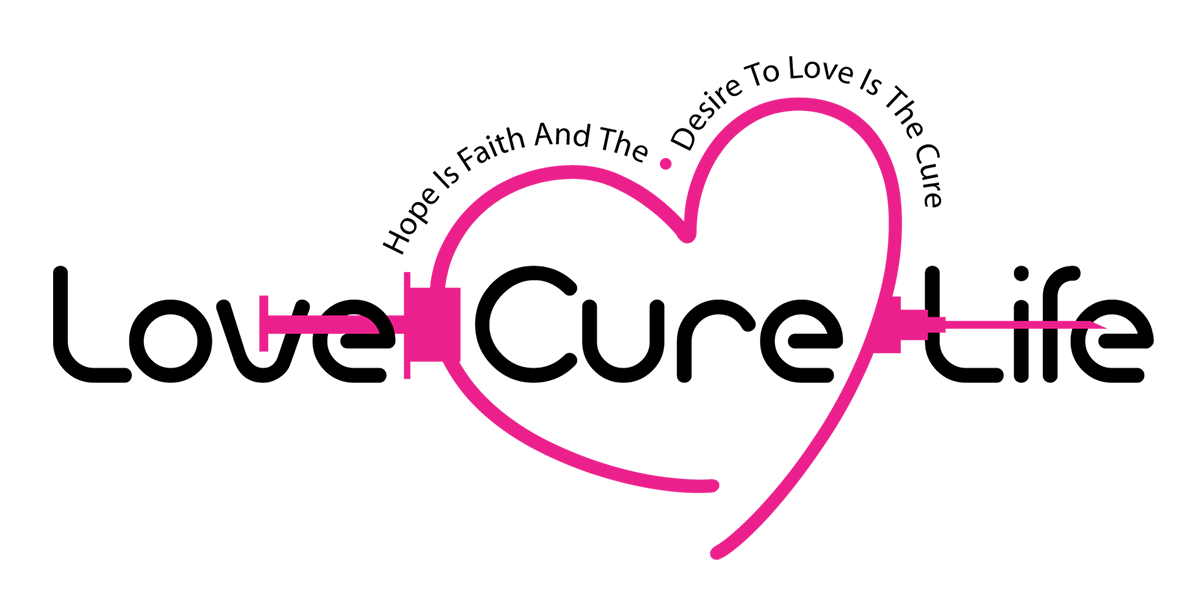Overview of Dyscalculia Awareness Day
Significance of Dyscalculia Awareness
Dyscalculia Awareness Day serves as a vital platform to shed light on the struggles faced by individuals with dyscalculia, a specific learning disability affecting mathematical skills. Understanding this condition is crucial for fostering empathy and support within educational settings and communities.
- Creating Understanding: By raising awareness, misconceptions are addressed, aiding in a better appreciation of the challenges dyscalculia poses.
- Encouraging Support: Awareness leads to greater advocacy for educational resources tailored to support dyscalculia, ensuring that affected individuals can reach their full potential.
History and Purpose of Dyscalculia Awareness Day
Dyscalculia Awareness Day originated from the need to highlight the unique difficulties associated with this condition. Celebrated annually, the day aims to:
- Educate the Public: Offering insights into dyscalculia helps demystify its symptoms and impacts.
- Support Advocacy Groups: Organizations work tirelessly on this day to promote resource availability and create an inclusive environment for those affected.
By focusing on these key aspects, Dyscalculia Awareness Day seeks to foster a community of understanding and support for every individual facing these challenges.
Understanding Dyscalculia
Definition and Characteristics of Dyscalculia
Dyscalculia is often described as “math dyslexia,” but it’s much more nuanced. It’s a specific learning disability that affects an individual’s ability to understand numbers and perform mathematical calculations. Those with dyscalculia may struggle with:
- Number Sense: Difficulty grasping the concept of quantities or comparing numbers.
- Arithmetic Skills: Challenges with addition, subtraction, multiplication, and division.
- Math Vocabulary: Trouble comprehending mathematical terms and symbols.
- Spatial Awareness: Difficulty recognizing patterns or spatial relationships that are often essential in math.
Imagine a child trying to understand why 3+5 equals 8 while their peers grasp it effortlessly. This struggle can lead to frustration, impacting confidence.
Diagnosis and Prevalence of Dyscalculia
Diagnosing dyscalculia involves a multi-faceted approach. Educational psychologists typically assess a child’s mathematical abilities against age-appropriate norms. Some key points include:
- Testing: Standardized tests are conducted to evaluate specific math skills.
- Behavioral Observations: Teachers may report instances where a child’s math difficulties are evident.
Research indicates that dyscalculia may affect 3-6% of the population, demonstrating a significant need for increased awareness and support within educational frameworks. By understanding these details, we can advocate for those affected by this disability more effectively.

Challenges Faced by Individuals with Dyscalculia
Impact on Learning and Daily Life
Individuals with dyscalculia face significant challenges that can permeate both their educational experiences and daily routines. For example, in school, a child might become anxious during math tests or avoid participating in group activities that involve numbers, leading to a cycle of self-doubt. The impact encompasses several areas:
- Academic Struggles: These individuals often find it hard to keep up in math classes, falling behind their peers.
- Daily Tasks: Everyday activities like budgeting, measuring ingredients for a recipe, or telling time can become daunting.
- Social Implications: Struggles with math may lead to teasing or social isolation, affecting overall self-esteem.
Common Misconceptions about Dyscalculia
Unfortunately, various myths surround dyscalculia, often leading to stigmatization. Some common misconceptions include:
- It’s Just a Lack of Effort: Many believe that individuals with dyscalculia simply need to try harder. In reality, the brain processes numbers differently and cannot easily overcome this challenge.
- It’s *Only* a Math Problem: Dyscalculia is often misunderstood as solely a math issue. However, it can influence various cognitive functions like memory and spatial reasoning.
Understanding these challenges and misconceptions is essential in fostering a supportive environment for those impacted by dyscalculia.
Promoting Awareness and Support
Educational Resources and Tools
Promoting awareness about dyscalculia also involves providing effective educational resources and tools designed to support individuals navigating this condition. Numerous resources are available for both educators and parents. For example:
- Math Manipulatives: Tools like counters, number lines, and geometric shapes can help translate abstract math concepts into tangible experiences.
- Digital Apps: There are a variety of apps designed to make math enjoyable and accessible for individuals with dyscalculia, such as “Modmath” and “Mathway.”
- Tailored Curriculum Materials: Specialized workbooks and lesson plans help cater to diverse learning needs.
These resources not only make learning math more approachable but also instill confidence in learners.
Advocacy Efforts and Awareness Campaigns
Various organizations and advocacy groups work tirelessly to spread awareness about dyscalculia. Some effective initiatives include:
- Advocacy Groups: Organizations like the International Dyslexia Association also address dyscalculia, promoting educational reforms to better support affected individuals.
- Awareness Campaigns: Community events, webinars, and social media campaigns aim to shed light on dyscalculia, helping to change perceptions within society.
Through advocacy and resources, we can contribute to a more inclusive environment for individuals with dyscalculia, ensuring they receive the support they deserve in both educational and personal contexts.

Strategies for Coping with Dyscalculia
Practical Tips for Individuals with Dyscalculia
Individuals with dyscalculia can employ various strategies to make math more manageable and stress-free. Here are some practical tips that can help:
- Use Visual Aids: Color-coded charts and visuals can transform complex calculations into simpler pieces, making comprehension easier.
- Break Problems Down: Tackling math problems in smaller, digestible steps can reduce anxiety and improve focus.
- Employ Everyday Math: Integrating math into daily routines, like budgeting or cooking, can help reinforce skills in a real-world context.
Consider the example of a student practicing arithmetic by measuring ingredients for a cake. This not only makes math engaging but also deliciously rewarding!
Supportive Techniques for Parents and Educators
Parents and educators can play a pivotal role in supporting individuals with dyscalculia. Here are some techniques to consider:
- Encouragement and Patience: Always praise efforts, not just outcomes, to build confidence and resilience.
- Collaboration with Professionals: Engage with special educators or psychologists for tailored strategies.
- Create a Safe Learning Environment: Foster a space where mistakes are seen as learning opportunities rather than failures.
By implementing these strategies, individuals can navigate dyscalculia more effectively, empowered by the support from those around them.

Celebrating Dyscalculia Awareness Day
Events and Activities Organized on Dyscalculia Awareness Day
Dyscalculia Awareness Day is a vibrant occasion filled with various events that aim to educate and engage communities. Schools, organizations, and local communities often come together to offer:
- Educational Workshops: These sessions provide insights into dyscalculia, offering tools and strategies for educators, parents, and individuals.
- Community Events: Fun fairs or math challenges designed to highlight strengths instead of difficulties can create a positive atmosphere around math learning.
- Online Campaigns: Webinars and social media challenges facilitate discussions and share resources, making information accessible to a wider audience.
For instance, a local school might host a “Math Games Day,” where children can learn through play, thus reinforcing their mathematical skills.
Ways to Get Involved and Spread Awareness
There are plenty of ways to participate in Dyscalculia Awareness Day and help spread awareness:
- Share Your Story: Personal experiences can resonate with others, inspiring understanding and support.
- Engage on Social Media: Use hashtags related to dyscalculia to amplify awareness and connect with like-minded individuals.
- Volunteer or Donate: Supporting organizations committed to dyscalculia advocacy can significantly impact programs and resources.
By taking these steps, everyone can play a role in creating a more informed and supportive environment for those living with dyscalculia.

